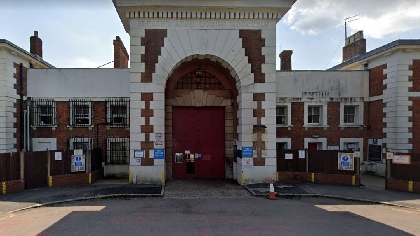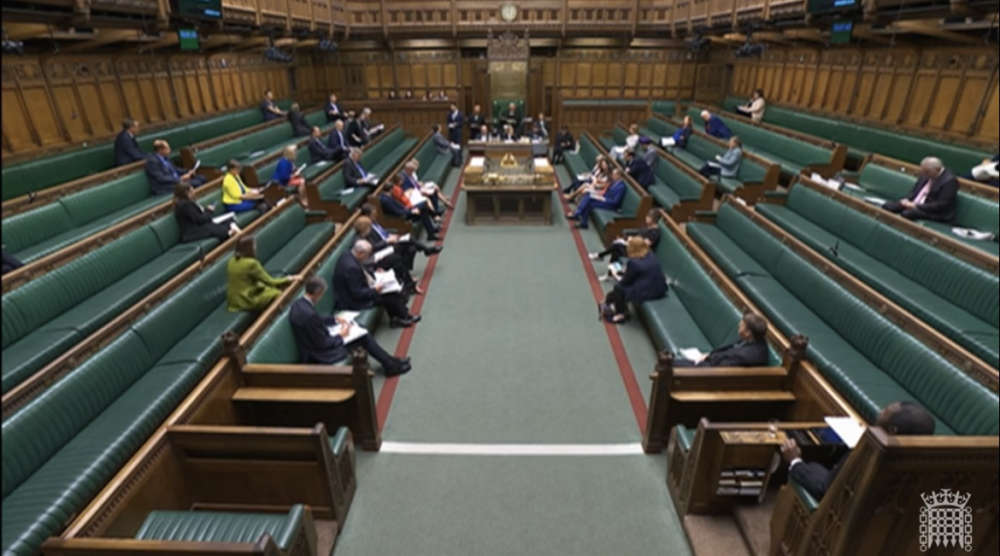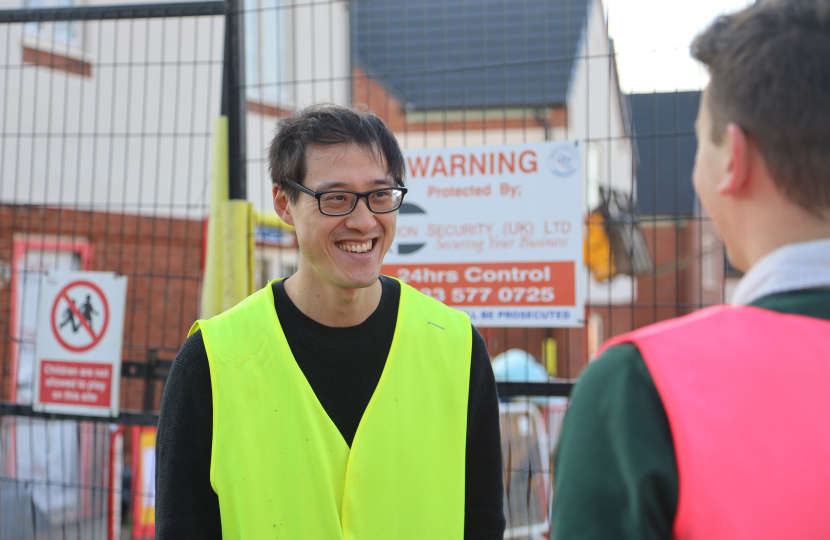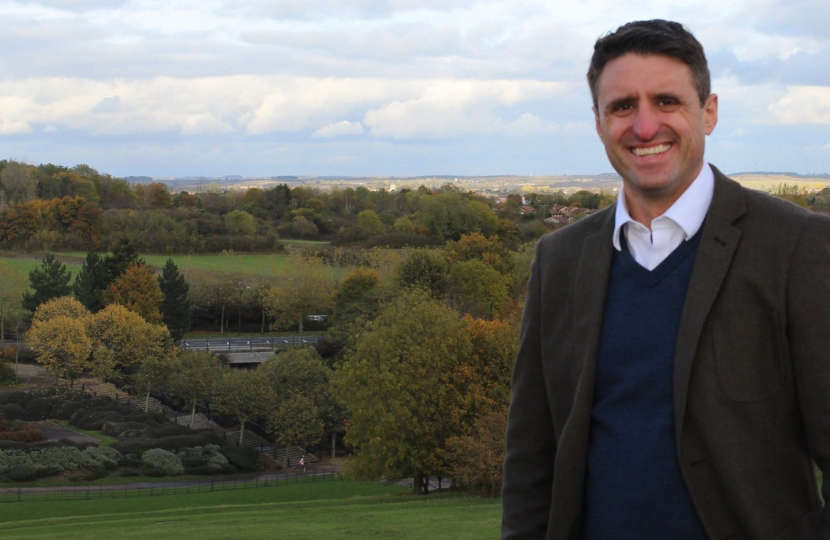
HMP Aylesbury has been labelled as "high risk" following an inspection.
HMP Aylesbury previously housed young men aged 18-21 convicted of violent crimes and serving long sentences. But with rising numbers of prisoners needing accommodation elsewhere in the estate, it had been suddenly and without sufficient consultation, notice or support been redesignated as a Category C training establishment. Issues relating to this transition underpinned or were key contributory factors in almost all of the prison’s problems identified at this inspection.
Charlie Taylor, Chief Inspector of Prisons said: “Aylesbury has been a prison in difficulty for some time – successive inspections have found it struggling with its existing role as a young offender institution. But those challenges have been compounded by this sudden and chaotic redesignation to a Category C training jail coupled with extreme staffing problems. The prison needs significant and immediate support from the prison service to mitigate the level of risk it presents not only for prisoners held there but also for the community into which high risk offenders are being released with little to no work to reduce their risk of reoffending.”
A shortage of staff in all grades and disciplines was evident at Aylesbury. This included access to health care, time out of cell, education, skills and work and rehabilitation services. In healthcare the situation was so dire that the prison service was unable to send prisoners over the age of 40 to Aylesbury as they could not be safely cared for in the jail.
The nearly 40% of prisoners who were unemployed often had less than an hour out of their cells a day. This was so limited that many prisoners told us they were unable to shower every day. Those in employment, meanwhile, were frequently unable to benefit from this because of staff shortages, or broken equipment. Even when prisoners were able to attend workshops, they were not being taught to the standard they needed to prepare them for employment on release: personal protection equipment was not enforced in construction workshops, and food handling and hygiene standards were not enforced in catering.
Work to reduce reoffending was in flux. Seventy per cent of the population were assessed as a high risk of serious harm to the public. There were only limited offender management or progression opportunities, virtually no key work, and hardly any support for resettlement on release, something which was now a priority following the transition. Safe release planning was undoubtedly compromised by the prison offender managers’ high caseloads and problems with allocating cases promptly to community offender managers in areas like London and the south-east.
Charlie Taylor commented: “Until Aylesbury receives the support it desperately needs to improve, it will remain a high-risk institution.”




 Aquavale Leisure centre discussed in Parliament
Aquavale Leisure centre discussed in Parliament
 Rob Butler on General Election
Rob Butler on General Election
 MP for Beaconsfield speaks to Bucks Radio
MP for Beaconsfield speaks to Bucks Radio
 Former Mayor to stand as Lib Dem candidate for new Aylesbury constituency
Former Mayor to stand as Lib Dem candidate for new Aylesbury constituency
 Middleton's local Candidate looking forward to running as MP
Middleton's local Candidate looking forward to running as MP
 Ben Everitt says Bring on the General Election
Ben Everitt says Bring on the General Election
 Wycombe's Steve Baker predicts tough election battle
Wycombe's Steve Baker predicts tough election battle
 Greg Smith looking forward to General Election
Greg Smith looking forward to General Election





